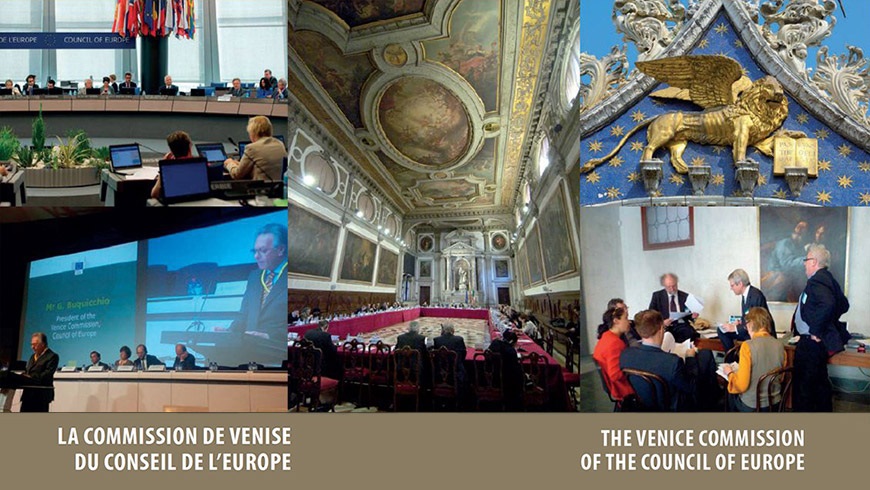In an opinion adopted on Friday 19 March (Bosnia and Herzegovina - Opinion on the draft Law on amendments to the Law on the High Judicial and Prosecutorial Council, Adopted by the Venice Commission at its 126th Plenary Session (online, 19-20 March 2021), the European Commission for Democracy through Law (Venice Commission) welcomes Bosnia and Herzegovina’s efforts to respond to the criticism raised against the Law on the High Judicial and Prosecutorial Council (HJPC) and the actual performance of the HJPC by bringing targeted amendments to the Law, which cover four issues, namely conflicts of interest and transparency, disciplinary procedures for judges and prosecutors, judicial review of HJPC decisions and removal of HJPC members.
The Venice Commission regrets that the Draft Law omits to deal with many of the issues that have been repeatedly raised in previous Venice Commission opinions and makes several recommendations to the authorities concerning the new provisions. Notably, it observes that many of them are too vaguely drafted, and it urges the authorities to make them more precise.
Also, the Venice Commission calls for revising the list of disciplinary offences for judges and prosecutors, also in light of the recommendations made in the 2014 opinion, and recommends that a new provision, listing the specific disciplinary offences of HJPC members, be added to the Draft Law.
It further insists that all substantive decisions adopted by the HJPC be reasoned and subject to judicial review under the Law on Administrative Disputes of Bosnia and Herzegovina.
According to the opinion, the establishment of a system of control of assets and interests declarations (Integrity Unit) is welcome, but more precise rules should be introduced in the Draft Law itself for its functional independence, composition and operation as well as for the role of experts engaged in monitoring.
The Venice Commission recognises that the amendments are in no way meant to preclude the adoption of a comprehensive legal act on the HJPC that would be fully aligned with international standards and strongly encourages the country’s authorities to take into account recommendations formulated in its previous opinions adopted in 2012 and 2014 as well as the European Union reports on the matter.
The opinion was prepared under the Expertise Co-ordination Mechanism in the framework of the joint European Union and Council of Europe programme “Horizontal Facility for the Western Balkans and Turkey 2019-2022”.


